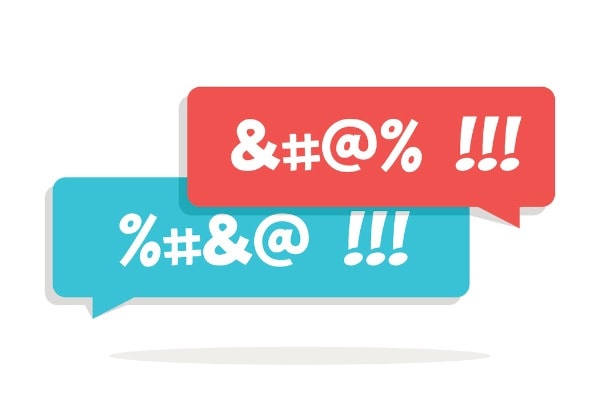High-Conflict Co-Parenting Tips
Not all disputes need to be a bad thing. Conflict can allow co-parents to work through challenges and communicate to find a solution that will benefit their children. High-conflict co-parenting relationships can change over time as co-parents find techniques that work for them.
- 3 min read
- custody

As the experts at Clarke University say, “conflict is natural and happens in every ongoing relationship.” Co-parenting is a unique relationship between people and one that will have tense moments. While that may seem like a surprising way to start an article on managing conflict with your co-parent, it is necessary to recognize that it is normal to disagree over time.
However, not all disputes are a bad thing. Conflict can allow co-parents to work through challenges and communicate to find a solution that will benefit their children. High-conflict co-parenting relationships can change over time as co-parents find techniques that work for them.
Kids first
No matter what your co-parent says or does, your relationship with that person centers around your children. Do your best to set aside your emotions to focus on the impact that your conversations will have on your kids.
- Can you find a solution that benefits them?
- How can this conflict be resolved for them?
Try to minimize instances of arguing in front of the children. In cases when you do have a heated conversation or disagreement when the children are within earshot, take time to demonstrate your problem-solving skills after the fact. Explain that sometimes parents believe different things, but you have talked about it and things are ok.
Setting boundaries
As we discussed in our article, Co-Parenting Boundaries, some co-parents find it helpful to think of their co-parent like a business partner. You should respectfully communicate with them to accomplish a shared goal. Check out 5 healthy co-parenting boundaries you can set here.
When you feel disrespected, offended, or just plain uncomfortable with the other person's actions, it may be because they have crossed a boundary for you. If that is the case, consider our next tip.

Cool down
As Weinberger Divorce & Family Law Group writes, remember that not every message needs a response right away. Before responding with an angry message that may escalate the situation, take a few deep breaths to think about how you want to answer your co-parent.
If someone tends to be a high-conflict personality, they might be more sensitive to others’ emotions. Keeping your emotions in check can help you de-escalate a conversation as well.
Paraphrasing
Conflicts can get worse when we misunderstand what is being said by the other person. To stop that from happening, repeat back to your co-parent what you hear them saying to make sure that you understand them correctly. This communication method gives your co-parent the chance to clarify what they are talking about or confirm that you are on the same page.
Start sentences with “I” to talk about how a conversation is making you feel or what you think. Your co-parent will understand that you are talking about yourself, and not blaming them for something else.

Focus on the future
Not all conflicts will end with a win-win, but when co-parents focus on the shared interests and goals that they have for their children, it is easier to find a compromise.
Dr. Edward Kruk from Psychology Today recommends that co-parents make it their goal to reduce conflicts when possible. One way to do this is to build a team of professionals that can help you negotiate and mediate high-conflict situations. You can find mediators and co-parent counselors that can help you communicate more effectively.
TalkingParents can help
TalkingParents is an accountable and secure platform designed to help co-parents communicate more effectively. With tools like Secure Messaging, Accountable Calling, the Shared Calendar, Accountable Payments, and more, you and your co-parents can keep all communications organized and documented.